 | Published by Brolga Publishing Pty Ltd ABN 46 063 962 443 PO Box 12544 ABeckett St Melbourne, VIC, 8006 Australia |
email: All rights reserved. No part of this publication may be reproduced, stored in a retrieval system or transmitted in any form or by any means electronic, mechanical, photocopying, recording or otherwise without prior permission from the publisher. Copyright 2012 Paul Bugeja National Library of Australia Cataloguing-in-Publication entry Author: Bugeja, Paul. Title: Aussie talk : Australian slang-uage : sayings, slang and idiom, the Aussie way / Paul Bugeja. ISBN: 9781922036834 (pbk.) ISBN: 9781925367294 (eBook) Subjects: Australianisms. English language--Australia--Terms and phrases.
Dewey Number: 427.994 Cover design by David Khan Typeset by Wanissa Somsuphangsri
Aussie Talk
Australian Slanguage Sayings, Slang and Idiom the Aussie Way

Paul Bugeja
Dedication
This one is for the Ogiers, Selma and Pattie, Two of my besties Who are the ducks nuts when it comes to friendship, Have blood worth bottling, And whom I have little reason to believe that either of them would ever come the raw prawn with me.

Contents

Introduction

Slang, and the sayings and expressions it is contained within, is an integral component of a countrys national identity, and Aussies, as we all know, are no exception. Not only have we imported and adapted more general international slang to our own vernacular, but there also exists an entire body of idiom that has arisen as we have developed as a nation. Many of us use this slang every daysome of us, it must be said, more than othersand half the time we might be oblivious to the fact that we are letting it fly mid-conversation. In fact, Strine, as it has come to be known, is deeply imprinted into who we are and how we communicate, philologically branding us as Aussies whenever we open our mouths. However, before you delve any further, I must offer something of a caveat A smallish portion of the content of this book is what I would call time-capsule materiallanguage that should be buried deep and only brought out as a way of gaining an historical snapshot of how we communicated at a certain point in time.
Thus, there are words and sayings no longer in popular use but which I have included even thought they will be deemed as politically incorrect or lacking in tack or sensibility by todays standards. To leave some of these old-school, pre-political-correctness-era sayings out would, I believe, be something of a disservice to the development of our nation linguistically, socially and philosophically. It would be burying our head in the sand of our past. Quite simply, we cant ignore this past, good and bad, and given that language is the main medium for passing history on, both in oral and written form, it is imperative we represent it truthfully. Because of this, I have included within the collection some of the less politically correct language and hope it will be read within an historical context - seen through the prism of recording such sayings and language for posterity rather than their inclusion as hurtful reminders of somewhat derogatory language from days gone by. I also wish to stress that this tome should not be mistaken as the absolutely, one hundred per cent, everything under one roof book on all things Strine.
In fact I have no doubt some readers will feel hard done by when they find what they see as potentially glaring omissionsfavourite sayings they feel should have made it into this book, and probably were under consideration but that were culled in the editing process. My advice to youdont get angry, get them to me! I want to hear from every Tom, Dick or Mary who feels aggrieved that their favourite dinky-di Aussie saying has not been included so that they can be considered for any future editions. Email any suggestions to: Enjoy this collection. Im sure it will evoke smiles, laughs, nods of recognition and the occasional embarrassed grimace. Overall, it is my hope that it is taken as intended, as a light-hearted look at Australian Slanguage Paul Bugeja
Greetings & Farewells
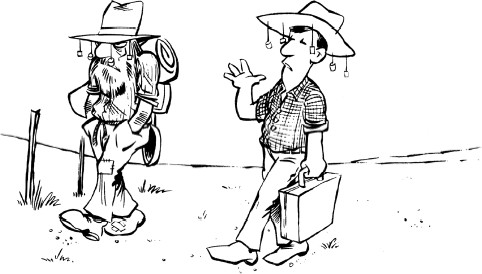
Few would argue that Gday is the most world-renowned Aussie greeting, and there would be few Australians who have not used it at one time or another. Aside from this standard there are a multitude of others, farewells too, most of which dont require explanation, as their meanings are self-evident, although some might be a little more obscure than others or have particular slants
A
(I was)
About to send out a search party: Addressing someone who arrives late to a rendezvous (usually with a liberal dose of sarcasm)
B
Back in two shakes (of a willy): Ill be back very soon
Be good or be good at itC
Catch ya; also catch ya later and catch ya later when your legs are straighterCome in spinner: Lets go
Cop-you-laterD
Dont be a strangerDont do anything I wouldnt do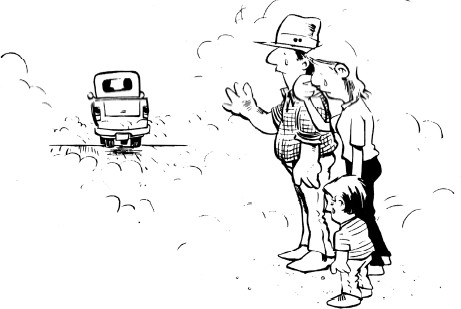
H
Havent seen you in donkeys/yonks: Said to someone you havent seen in a long time
Hello, heres troubleHow are you me old china?Howzit Garn?I
I wouldnt be dead for quids (reply to greeting)
If you cant be good, be carefulIm off Like a brides nightie Like a bucket of prawns in the sun Like a fish milkshake Like a hookers nightie Like a Jewish foreskin Like a robbers dog Like a three-day-old bucket of prawns Like the clappers To see a man about a dog
Im shooting throughIts been a long time between drinksL
Lets hit the roadLook what the cat dragged inS
Saw your light on, thought Id drop inSee you round like a rissoleSeeya later alligatorSgarnon: Whats going on?
W
We have to stop meeting like thisWhats the John Dory: rhyming slang for
whats the story?Compliments
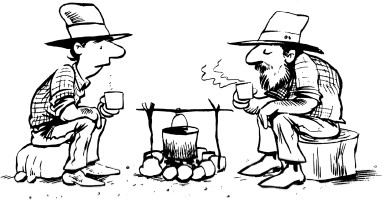

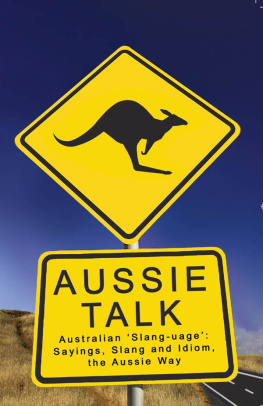

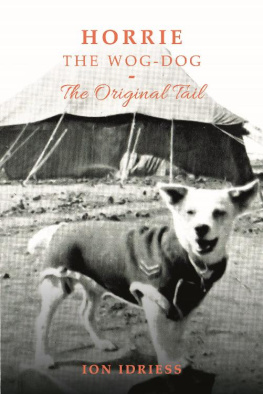
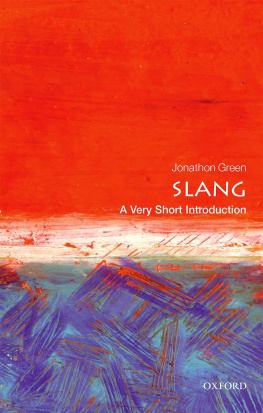
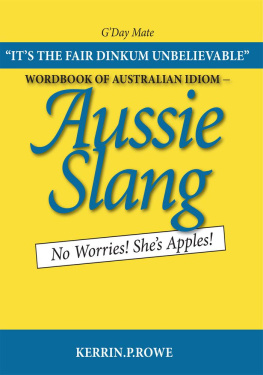
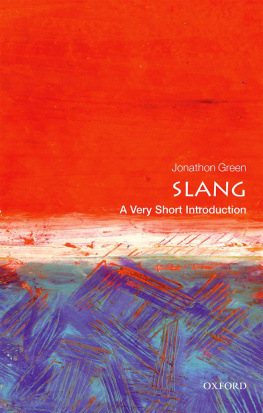

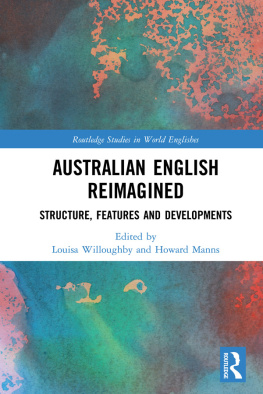
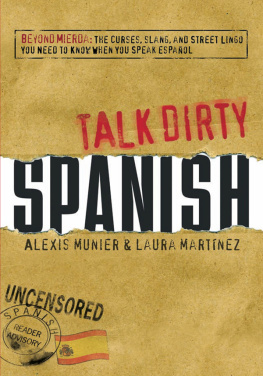
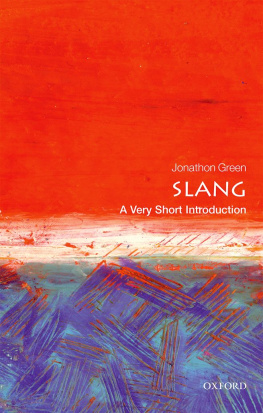



 Paul Bugeja
Paul Bugeja 

 Slang, and the sayings and expressions it is contained within, is an integral component of a countrys national identity, and Aussies, as we all know, are no exception. Not only have we imported and adapted more general international slang to our own vernacular, but there also exists an entire body of idiom that has arisen as we have developed as a nation. Many of us use this slang every daysome of us, it must be said, more than othersand half the time we might be oblivious to the fact that we are letting it fly mid-conversation. In fact, Strine, as it has come to be known, is deeply imprinted into who we are and how we communicate, philologically branding us as Aussies whenever we open our mouths. However, before you delve any further, I must offer something of a caveat A smallish portion of the content of this book is what I would call time-capsule materiallanguage that should be buried deep and only brought out as a way of gaining an historical snapshot of how we communicated at a certain point in time.
Slang, and the sayings and expressions it is contained within, is an integral component of a countrys national identity, and Aussies, as we all know, are no exception. Not only have we imported and adapted more general international slang to our own vernacular, but there also exists an entire body of idiom that has arisen as we have developed as a nation. Many of us use this slang every daysome of us, it must be said, more than othersand half the time we might be oblivious to the fact that we are letting it fly mid-conversation. In fact, Strine, as it has come to be known, is deeply imprinted into who we are and how we communicate, philologically branding us as Aussies whenever we open our mouths. However, before you delve any further, I must offer something of a caveat A smallish portion of the content of this book is what I would call time-capsule materiallanguage that should be buried deep and only brought out as a way of gaining an historical snapshot of how we communicated at a certain point in time.  Few would argue that Gday is the most world-renowned Aussie greeting, and there would be few Australians who have not used it at one time or another. Aside from this standard there are a multitude of others, farewells too, most of which dont require explanation, as their meanings are self-evident, although some might be a little more obscure than others or have particular slants
Few would argue that Gday is the most world-renowned Aussie greeting, and there would be few Australians who have not used it at one time or another. Aside from this standard there are a multitude of others, farewells too, most of which dont require explanation, as their meanings are self-evident, although some might be a little more obscure than others or have particular slants 
